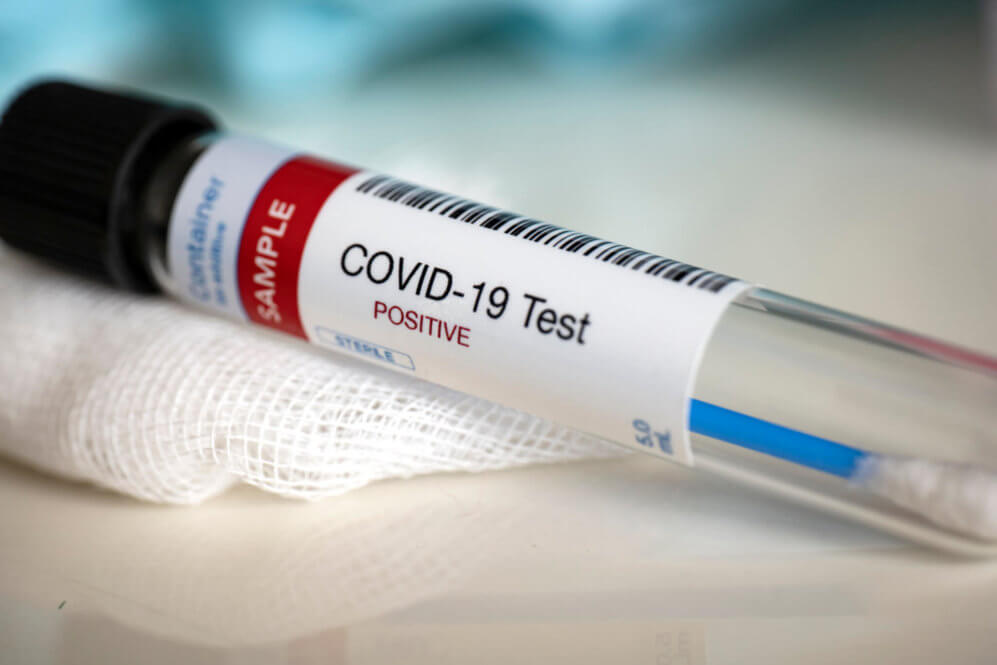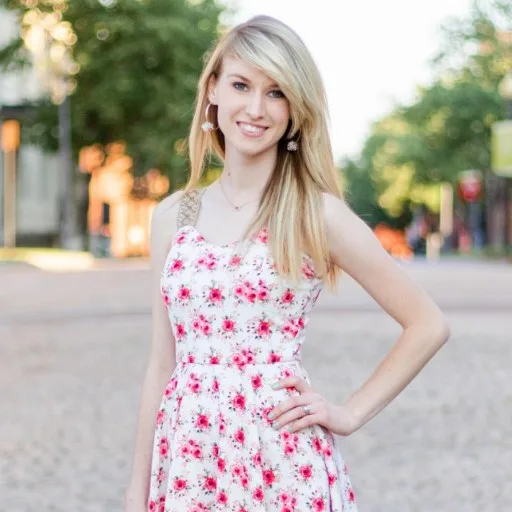
A University of Virginia professor and a graduate student discovered a potential treatment for COVID-19.
CHARLOTTESVILLE – Before COVID-19 ever hit America’s radar, a professor at the University of Virginia discovered a way to potentially treat it. It’s not a treatment in the sense that the drug prevents or stops the novel coronavirus. However, it lessens the symptoms if a person contracts the virus.
Professor Alban Gaultier, of UVA’s Department of Neuroscience and its Center for Brain Immunology, partnered with former UVA graduate student Dorian Rosen. Together, the pair discovered a link between fluvoxamine, an antidepressant, and sepsis, when the immune system creates too many inflammatory molecules.
The professor and former student discovered that the antidepressant reduced cytokine production. That discovery, made last year, struck a chord with Washington University researches studying the coronavirus.
The Washington University School of Medicine team in St. Louis, Missouri, studied whether or not administering the antidepressant could prevent serious complications with COVID, thought to occur from cytokine storms. They displayed impressive findings after a small clinical trial.
Out of 152 patients diagnosed with COVID-19, 80 received fluvoxamine. None ended up in the hospital. Of those who received a placebo, six became seriously ill within 15 days. Four of the six went to the hospital with stays ranging from one to 21 days. The hospital placed one individual on a ventilator.
Working together
It turned out that some symptoms associated with COVID also had similarities to the inflammatory ailment Gaultier researched.
“You often get it when you have a bacterial infection, so that’s a classic sepsis,” Gaultier said. “It turns out that COVID patients die from something that looks very much like sepsis. They die from a hyperactive immune system.”
Even though over 700 miles separated the two campuses, the Washington team contacted Gaultier to discuss their clinical trial. They later discussed the collaborative findings.
“That’s an amazing result,” Gaultier said.
Washington University plans a larger trial in the coming weeks.
“I’m also, of course, excited that our work could come up with a treatment for COVID because clearly there is a need for early stage treatment to prevent a patient [from going] to the hospital,” Gaultier said.
Knowing that he played a role in helping others deeply impacted the professor.
“When I was a baby scientist, when I was very young, one of my bucket list items was to find, like, a discovery that would matter for human health,” Gaultier said. “I think this could help me achieve that goal.”
Already on the market
Since fluvoxamine isn’t a new drug, little prevents doctors from writing a prescription. For COVID patients, the drug goes a step farther than the antidepressant’s original intended use for psychosis, depression, stress, anxiety and similar ailments. That’s because the drug is a sigma-1 receptor.
“A sigma-1 receptor can put a brake on the immune system,” Gaultier said. “By targeting sigma-1, we’re able to tell the immune system to slow down and not to be hyperactive.”
Now that the information exists concerning the medication’s impact on the coronavirus, doctors can technically prescribe it to COVID patients.
“That is a possibility,” Gaultier said. “Again, I want to stress that the value of this is that fluvoxamine is not an experimental drug. So it’s cheap, it’s generic, it’s safe because it’s been on the market for at least 20 years. And it’s widely available, so there’s a lot of value.”
The professor noted that the faster someone with COVID-19 takes the medication, the better off their outcome – as far as not developing a serious illness – could be.
“Remember, the idea is to take fluvoxamine as soon as you get diagnosed to prevent complications,” Gaultier said.
As scientists discover more about COVID-19 – and what works for treatment – Gaultier and his team are on the cutting edge.
“I’m just proud of my team and to do meaningful science,” Gaultier said. “I think it’s put a huge value on basic scientists. Ultimately what we do in the research lab matters and matters for knowledge and matters for human health, so I’m happy to contribute to that.”
Amie Knowles reports for Dogwood. You can find her at [email protected]
Support Our Cause
Thank you for taking the time to read our work. Before you go, we hope you'll consider supporting our values-driven journalism, which has always strived to make clear what's really at stake for Virginians and our future.
Since day one, our goal here at Dogwood has always been to empower people across the commonwealth with fact-based news and information. We believe that when people are armed with knowledge about what's happening in their local, state, and federal governments—including who is working on their behalf and who is actively trying to block efforts aimed at improving the daily lives of Virginia families—they will be inspired to become civically engaged.


VIDEO: Your support matters!
Your support matters! Donate today. @vadogwoodnews Your support matters! Visit our link in bio to donate today. #virginianews #virginia #community...

Op-Ed: Virginia’s new Democratic majorities pass key bills to improve your lives, but will Youngkin sign them?
The 2024 Virginia General Assembly regular session has wrapped up. It was a peculiar session from the outset, with Democratic majorities in the...

Op-Ed: Why Virginia Needs A Constitutional Amendment Protecting Reproductive Freedom
Virginia’s recent election season in 2023 drew in eyes from all over the country. Reproductive freedom was on the line and Virginia remained the...

From the state rock to the state flower, here’s how Virginia got its symbols
Have you ever wondered why the Dogwood is the state flower? Or how the cardinal became the state bird? We’re here to answer those questions and more...

VIDEO: Second-gentleman Douglas Emhoff gives speech on reproductive freedom
Second gentleman, Douglas Emhoff touched on reproductive freedom not only being a woman's issue but "an everyone's issue" during the Biden-Harris...

Glenn Youngkin and the terrible, horrible, no good, very bad night
Election Day 2023 has come and gone, and while there are votes to be counted, one thing is perfectly clear: Virginians unequivocally rejected Gov....





